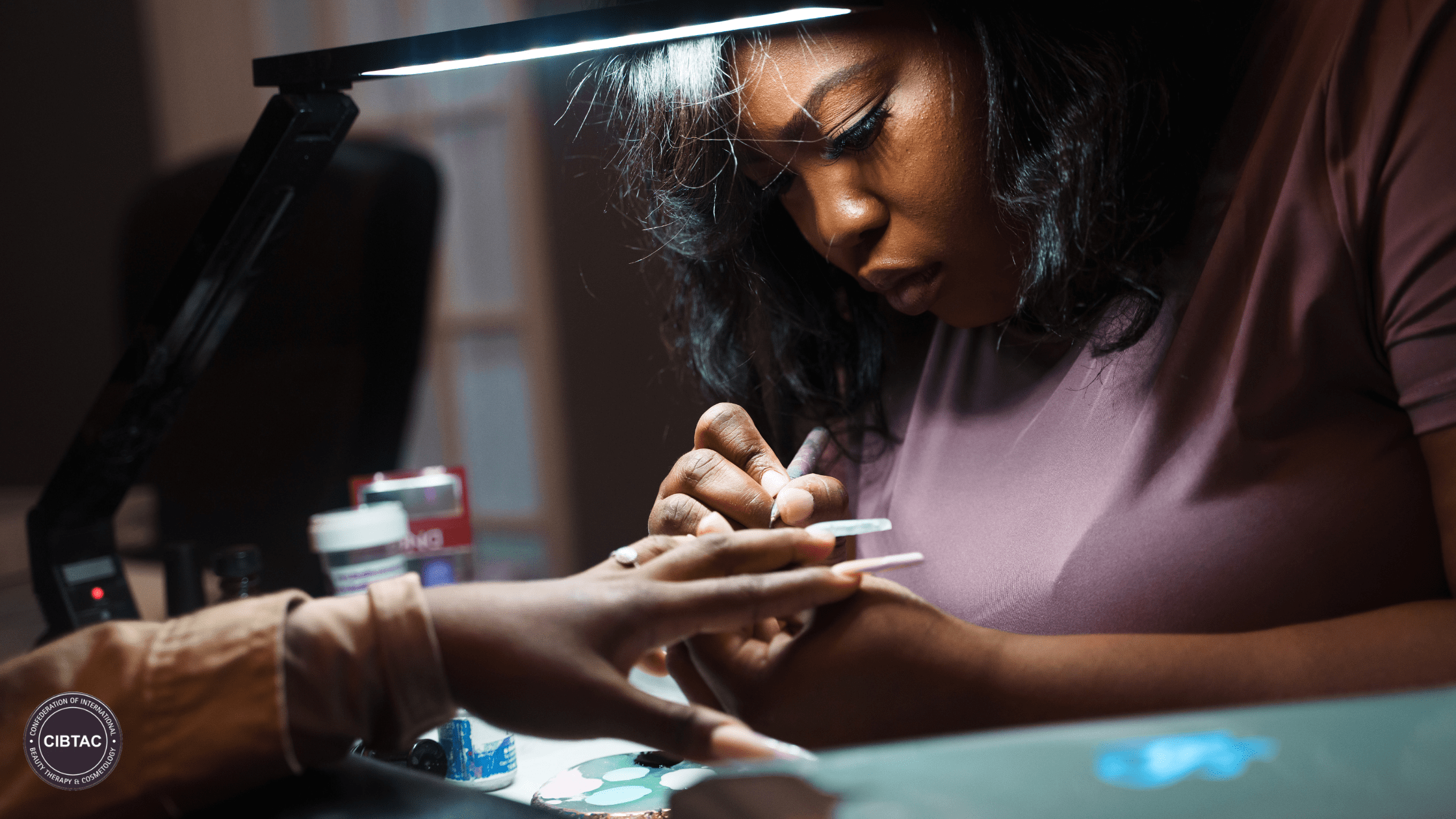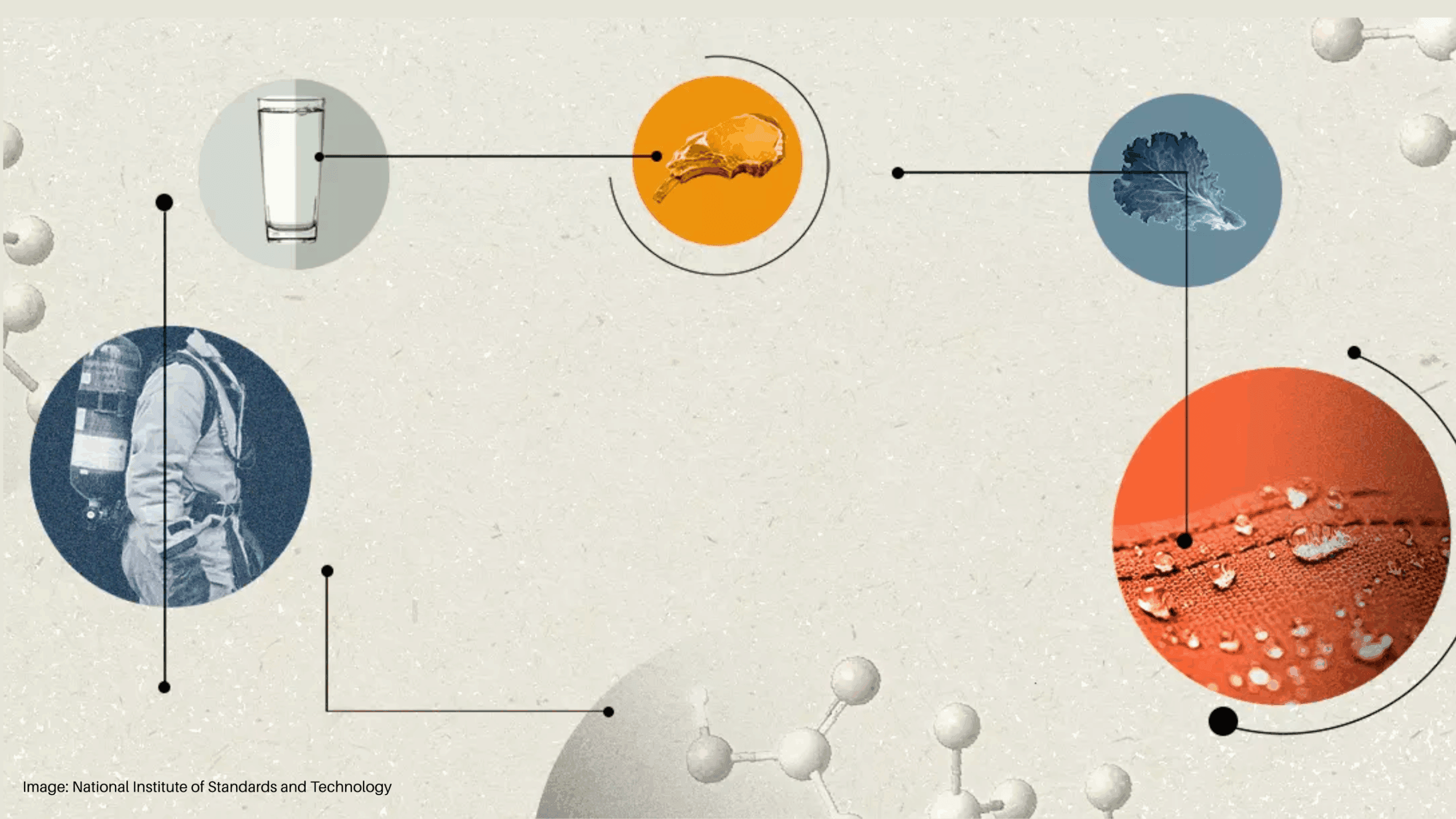The has added a Level 3 in ‘Nail Technology’ to its OFQUAL-regulated qualifications. Here, Lesley Blair – CEO of the organisation – uncovers why the course is such an important addition to training
Nails are having a moment, that’s for sure, with salons seeing a net opening rate of 682 units over the last year. What’s more, searches for ‘gel manicure’, ‘biab’ and ‘gel nails’ are all at break out.
But, the sector is also facing some challenges when it comes to at-home kits and curing – so, it’s more important than ever to ensure that those beauty-fying our nails are trained to an industry standard.
That’s why CIBTAC has launched a new level as part of its nail technology OFQUAL regulated qualification. ‘We were hearing from the industry that it is really difficult to complete a regulated qualification that includes training in gel nails, and other more modern systems,’ explains Lesley Blair, CEO and chair of CIBTAC and BABTAC.
‘So, we have put together this specialist nail course, to cover all of the aspects that are involved in being a full nail specialist. We have spotlighted the new systems and removed the antiquated ones that are no longer appropriate – like fibreglass for example, which is really not used as much as it used to be.’
The course covers the standard health and safety modules, and manicure and pedicure services, found in the Level 2 qualifications. However, it builds upon this knowledge base with units in liquid, powder and gel enhancements, and electric filing.
Structuring the qualification in this way, allows for those already qualified to upskill and for beginners to learn the multitude of skills needed to navigate the nail salon.
But, with the number of people completing regulated qualifications in decline – see, the Value of Beauty Report – what’s the pull?
‘As a society, we are all seeking a quick fix. What we are hearing from the colleges is that people don’t want to commit two years of their time to something, and they want to specialise in specific areas,’ starts Blair. ‘As a result, we have entwined the two levels, to cut time but not dilute quality.’
The new qualification takes 290 – 340 hours depending on the approach to the optional units, which is only about six weeks. This includes training workshops or seminars, e-learning, distance learning or self-study.
CIBTAC has formulated the course for much bigger reasons than simply timing though: ‘From our perspective, it is about raising the bar and having real professional and formal training, rather than a one-day course here and there. Although these can be fine for upskilling, they are a mixed bag and not strong enough for underpinning knowledge.
‘We would really hope that people start on this course and then go on to do manufacturing training, product training, and the like to add to their qualification. It’s all about setting a benchmark,’ finishes Blair.
You can find out more about the course here.




